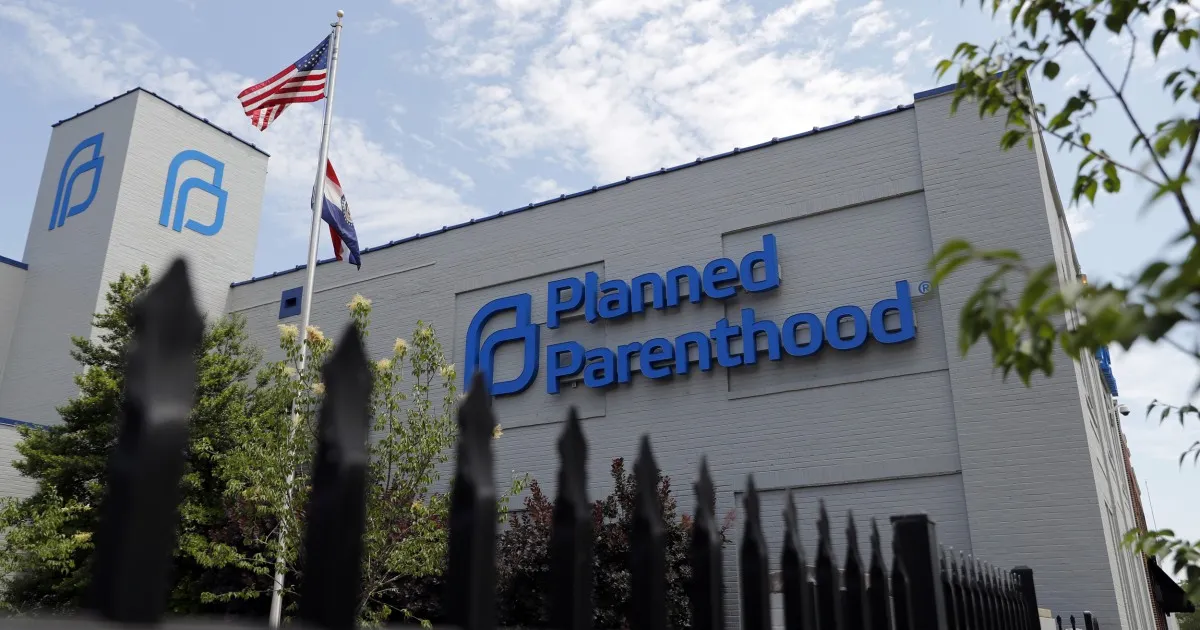
WASHINGTON — On Thursday, the Supreme Court delivered a significant ruling in favor of South Carolina's efforts to defund Planned Parenthood. In a contentious 6-3 decision, the court concluded that individual patients enrolled in the Medicaid program do not have the right to sue to enforce their choice of medical providers. This ruling, which reflects the ideological divide within the court, was primarily backed by the conservative justices.
The ruling, authored by Justice Neil Gorsuch, represents a setback for advocates of reproductive health services, as it supports South Carolina's initiative to block Planned Parenthood from receiving federal funds through Medicaid. Medicaid is a crucial federal program designed to support low-income individuals, and this decision prevents individual patients from asserting their rights to select their preferred healthcare providers. Gorsuch noted, “Congress knows how to give a grantee clear and unambiguous notice that, if it accepts federal funds, it may face private suits asserting an individual right to choose a medical provider. But that is not the law we have.”
It is important to note that federal funding for abortion services has been prohibited for years. However, conservative lawmakers have continuously targeted Planned Parenthood, an organization that provides essential reproductive health services, including abortions where permitted. They argue that any funding received by Planned Parenthood, even if earmarked for non-abortion-related services, ultimately supports the organization's pro-abortion agenda.
Justice Ketanji Brown Jackson vehemently dissented, joined by her two liberal colleagues. In her dissenting opinion, she criticized the ruling as part of a broader trend that undermines the 1871 Civil Rights Act, which was established to enable individuals to sue for violations of their civil rights. Jackson expressed concern that South Carolina's request to weaken this provision would allow the state to sidestep accountability for violating the rights of Medicaid recipients. “The court abides South Carolina's request. I would not,” she stated emphatically.
The backdrop of this ruling is particularly significant, as it follows the Supreme Court's 2022 decision to overturn the landmark Roe v. Wade ruling, which had established federal protections for abortion rights. Following this reversal, South Carolina enacted a six-week abortion ban, making the procedure exceedingly rare in the state. Despite these restrictions, Planned Parenthood maintains facilities in Charleston and Columbia, where they provide abortion care in compliance with state law, alongside other essential healthcare services such as contraception, cancer screenings, and pregnancy tests.
The efforts to defund Planned Parenthood in South Carolina were propelled by an executive order issued in 2018 by Gov. Henry McMaster. This order specifically prohibited Planned Parenthood of South Atlantic, the local affiliate of the national organization, from offering family planning services under Medicaid. In a noteworthy legal development, Julie Edwards, a Medicaid-eligible patient seeking to use Planned Parenthood services, joined a lawsuit challenging this decision. She argued that federal civil rights law should allow her to enforce her rights in court. Initially, a federal judge ruled in her favor, but the case ultimately ascended to the Supreme Court, where the conservative majority delivered its final verdict.